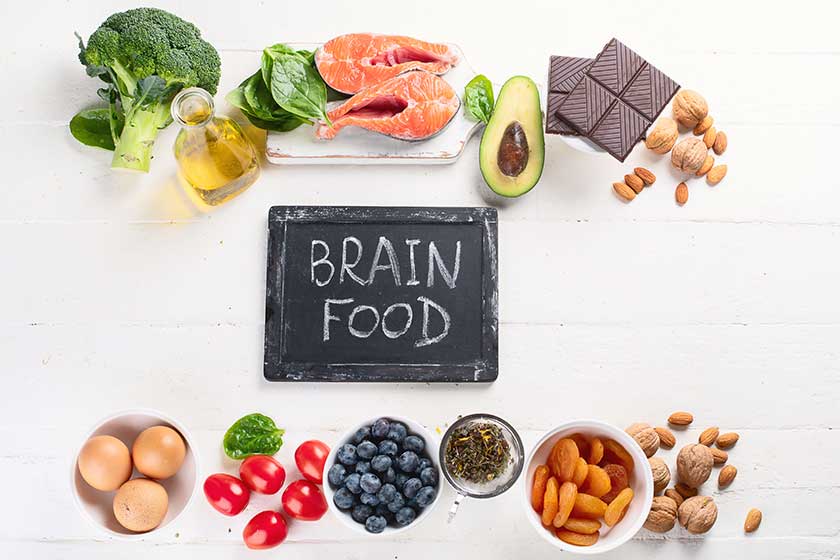Navigating the nutritional needs of those in their golden years, especially those with dementia, presents unique challenges and opportunities for enhancing their well-being. This guide provides an in-depth look at dementia nutritional management, aiming to support your loved ones through a well-balanced diet that caters specifically to their changing needs.
Understanding Nutritional Challenges in Dementia
Dementia can significantly impact an individual’s ability to maintain a healthy diet. Cognitive impairment may lead to forgotten meals, while sensory changes can alter taste preferences and appetite. Furthermore, motor skills deterioration can make the act of eating more difficult. Addressing these challenges is crucial for maintaining the health and vitality of your beloved family members.
The Importance of a Balanced Diet
A balanced diet is vital for all, but it is especially crucial for those with dementia. This diet should include a variety of foods from all food groups, ensuring a wide range of essential nutrients. Key components include lean proteins, whole grains, fruits, vegetables and healthy fats. Adequate fluid intake is also necessary to prevent dehydration, a common concern that can exacerbate dementia symptoms.
Strategies for Effective Nutritional Management
Creating an effective nutritional plan involves several strategies that cater to the individual’s specific needs and preferences. It’s important to create a calm and inviting dining environment, as a relaxed atmosphere can greatly enhance the appetite and enjoyment of food. Mealtime routines can provide comfort and a sense of familiarity, which is beneficial for those with dementia.
Adapting Meals for Easier Consumption
As dementia progresses, eating and swallowing may become challenging. Adapting food textures and meal presentations can make a significant difference. Soft foods, thickened liquids and well-cooked vegetables can be easier to consume. Visually appealing meals that contrast in color can also help those with cognitive decline distinguish their food, making mealtime less confusing and more enjoyable.
Incorporating Supplements and Special Diets
In some cases, dietary supplements may be necessary to meet the nutritional needs of your loved ones. Consulting with a healthcare provider is essential to determine the need for supplements like vitamins D and B12 or omega-3 fatty acids, which can be beneficial for brain health. Additionally, special diets, such as those low in sodium or sugar, might be recommended depending on individual health conditions.
Exclusive Programs for Nutritional Support
Recognizing the unique dietary needs of those in their golden years with dementia, there are exclusive senior living programs designed to provide specialized nutritional support. These programs focus on offering tailored meal plans that are not only nutritious but also cater to the taste preferences and dietary requirements of each individual, ensuring they receive optimal nourishment.
Engaging in Activities to Encourage Eating
Meal times should be more than just about eating; they can also be opportunities for social interaction and engagement. Providing a supportive environment where your beloved family members can enjoy meals with others can improve their mealtime experience. Regular, scheduled meal times with a familiar routine can help reinforce a sense of normalcy and encourage better eating habits.
Maintaining Dignity and Independence
Preserving the dignity and independence of your loved ones during meals is paramount. Encouraging them to use adaptive eating utensils and wear adult aprons discreetly can help maintain their dignity. In addition, involving them in simple meal preparation tasks can foster a sense of independence and control over their life choices.
Amenities to Enhance Dining Experience
The dining experience can be significantly enhanced by senior living amenities designed to cater to the needs of those with dementia. These amenities include comfortable seating arrangements, appropriate table settings and quiet, well-lit rooms that encourage a focus on eating without distractions.
Managing the dietary needs of your beloved family members with dementia through thoughtful dementia nutritional management can significantly impact their health and quality of life. By understanding their unique needs and implementing the strategies discussed, you can help ensure that they continue to enjoy their meals and receive the nourishment they need.
If you’re exploring senior living options that prioritize the nutritional and overall well-being of your beloved family members, consider choosing Memory Care at our community where we understand and address these needs comprehensively. Discover a place where dignity, care and nourishment go hand in hand.







